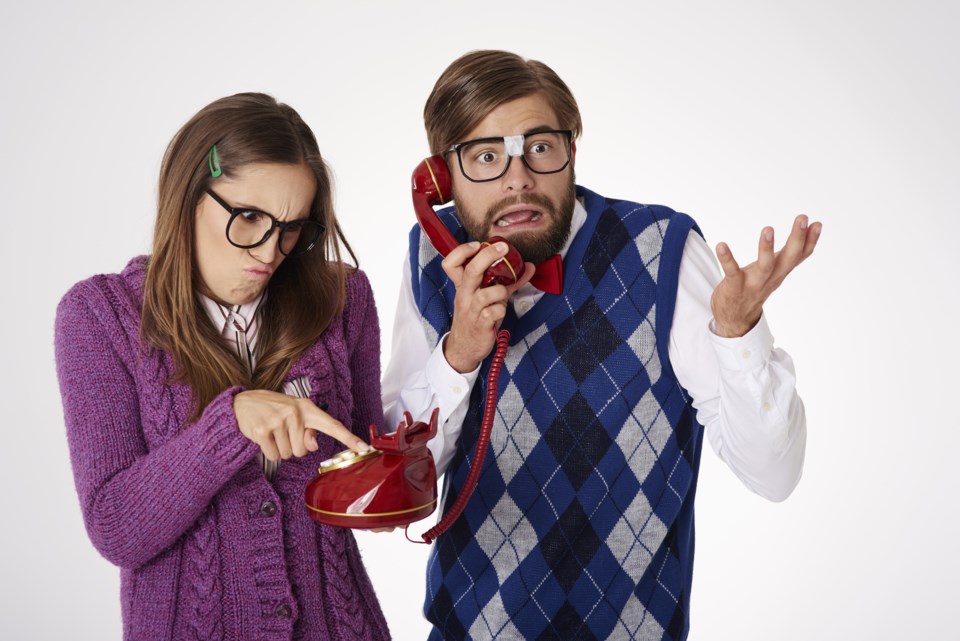NEWS RELEASE
ONTARIO PROVINCIAL POLICE
*************************
Have you ever thought about what happens when someone calls 911? This is something that very few citizens think of, yet it consumes a significant amount of resources for the police and other emergency services.
When a person calls 911, an operator answers the phone and asks if the caller needs police, fire or ambulance. Depending on the answer, the operator transfers the call the appropriate emergency services provider and help is sent as quickly as possible. If needed, the caller may be patched in with more than one agency at the same time to ensure that the best response possible is provided.
But what happens when someone calls 911 and hangs up on the operator? Or, a 911 pocket dial is sent by a cell phone? That is not such a simple question. When a 911 call is lost, it's called a "dropped 911" and it is automatically referred to the police to investigate. All 911 calls, including dropped 911 calls, are treated as if they are life threatening emergencies. The police are then tasked with locating the source of the 911 call and determining if there is, in fact, an emergency.
Although the source of a 911 land-line call is normally traceable with relative ease, cell phone calls are not always so easily tracked. Depending on the strength of your cell signal and several other factors, the police may only be able to pinpoint your location to a certain town, cell tower or radius. Even with the advanced ability to ‘ping’ the location of your cell phone, there are factors that can make this unreliable. The combination of all these elements mean that police can spend hours searching for someone who called 911 by accident and hung-up on the operator. That is time that could be otherwise spent responding to actual emergencies, investigating crimes or patrolling our communities and highways.
In 2017 the East Algoma Ontario Provincial Police (OPP) Detachment responded to 546 911 hang-ups. For the first quarter of 2017 there were 134 ‘911’ calls, and only eight of those being actual emergencies. In comparison, the first quarter of 2018 shows 128 ‘911’ calls, and only 11 being actual emergencies.
Here's how you can help:
• If you accidentally call 911, do not hang up the phone. Stay on the line and tell the operator what happened. The operator will need to know exactly where you are so the police can verify that the 911 call was accidental.
• Remember that if you call 911 by accident or mistakenly use it in a non-urgent situation, you're not in trouble with the police. However, officers will need to check on you to verify that there is no emergency.
• Lock your cell phone when it is in your pocket or your purse.
• Do not let your children play with your phone. They may inadvertently call 911 and not be able to tell you what they've done. Even old cell phones that still have a battery in them are capable of calling 911.
• Educate your children about the use of 911 and that people who are in real danger need emergency services personnel to be available.
"As cell phones become more and more prevalent, the increase in dropped 911 calls has also increased exponentially. What's most concerning about this trend, is that citizens have the ability to stop it by making simple changes to their behaviour. Things like locking your cell phone, not letting your children play with your phone or taking the time to look up or Google a non-emergency number for the police can virtually eliminate this issue. The public counts on officers to be available when they really need them, and investigating dropped 911 calls drastically limits that availability.” - Staff Sergeant Tyler Sturgeon, East Algoma OPP operations manager
*************************
